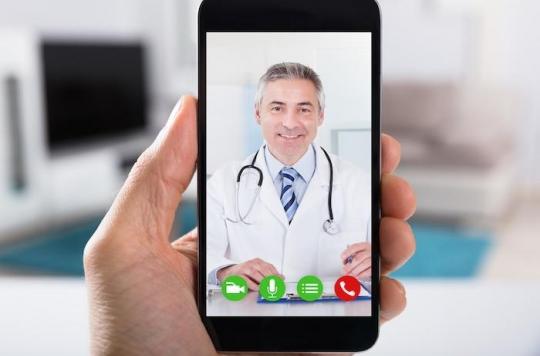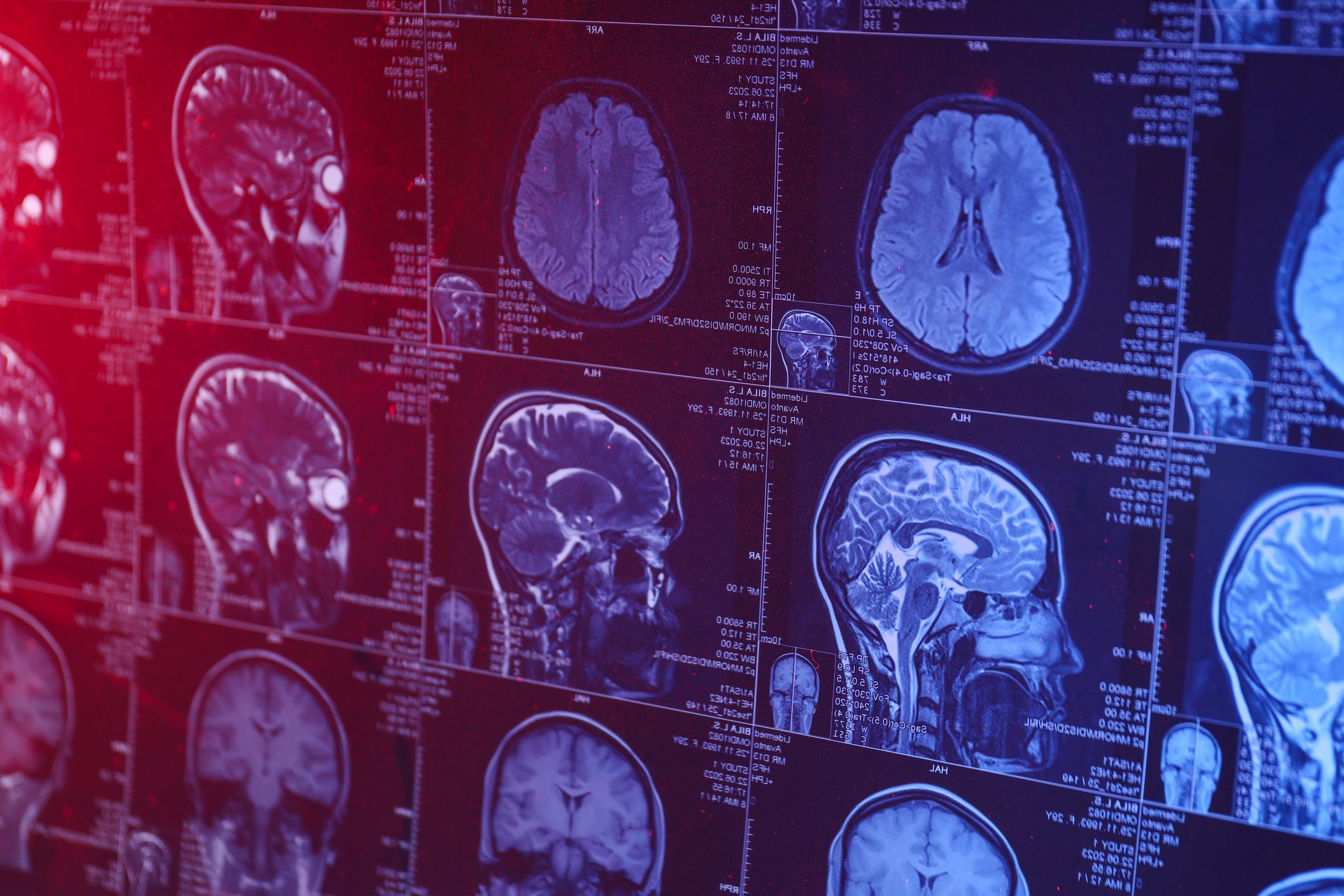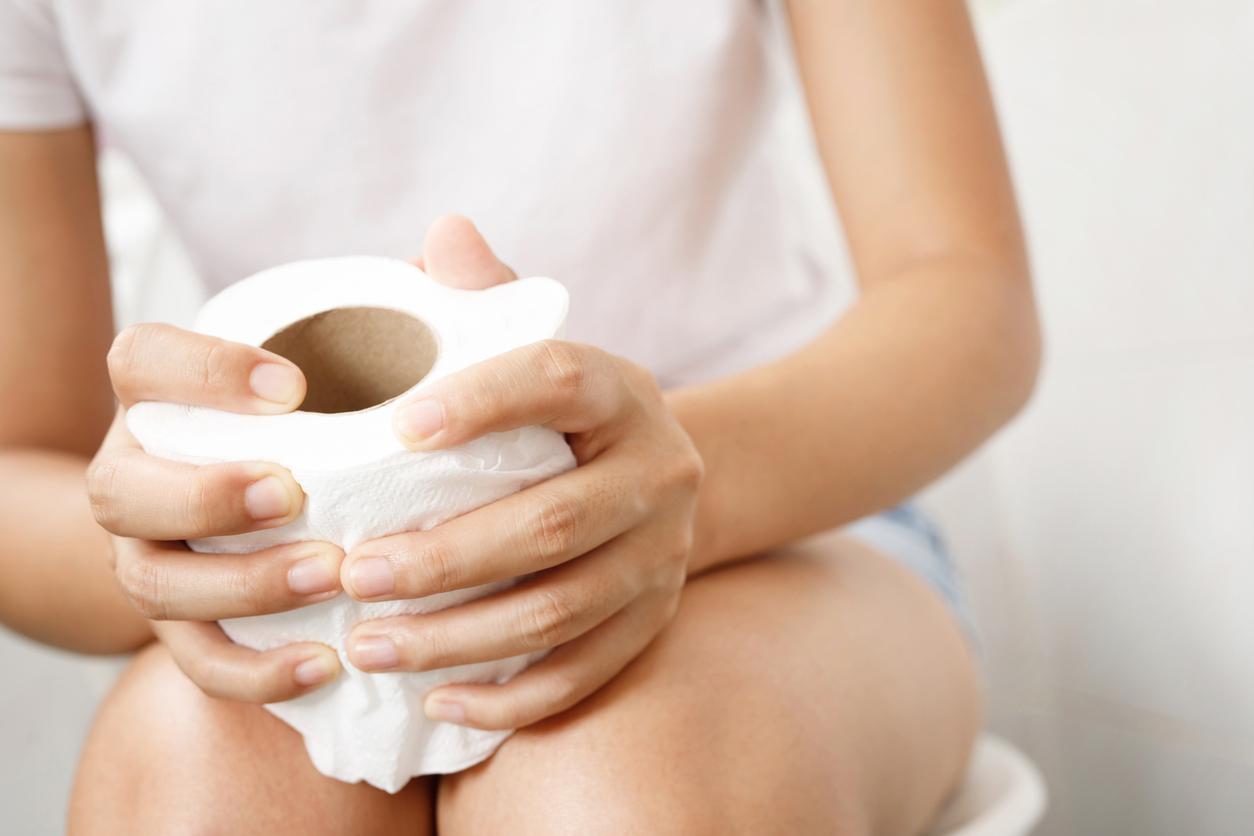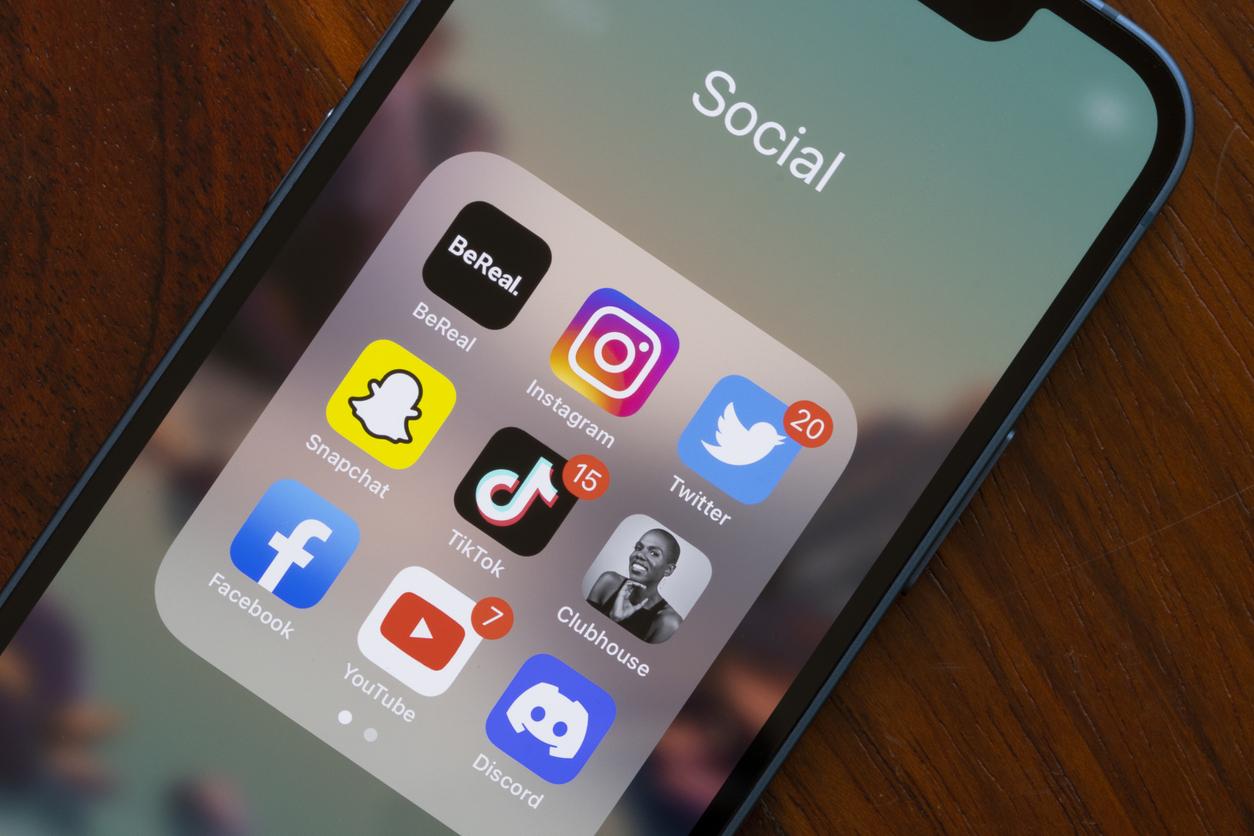In a survey, 62% of patients said that the quality of teleconsultations was no different from that in the office. The majority of caregivers are also satisfied.

Investigation indicates that most patients are satisfied with televised consultations, during which they have no physical contact with their doctor. 254 individuals expressed themselves in a survey on this subject.
79% of respondents felt it was easier to find a good time for a video session than for a traditional visit, and 62% said the quality of teleconsultations was no different from that in the office. 21% of respondents even thought that the overall quality of virtual medical visits was better.
Quality of care and communication
“It didn’t surprise us that patients found virtual medical visits more convenient, but we didn’t expect that nearly all would perceive the quality of care and communication to be equal to, or even better than, traditional consultations. “, point out the authors. What patients appreciate the most is that the time spent on virtual visits is 100% medical, whereas in the traditional setting, transport and waiting take up a good part of the energy.
For their part, 59% of healthcare professionals agreed that the quality of virtual visits was similar to that of in-office visits. A third of them still thought that the quality of office visits was superior. Many caution: video is not suitable for all patients and all situations.
sources of concern
In France, the increasing use of digital tools is for 62% of the general public and 71% of doctors a means of improving patient monitoring, but sources of concern are emerging. Practitioners (47%) are thus more concerned about the digitization of certain personal health data than the general public (34%). They are also 66% (against 58% of the French) to think that with the development of new technologies “medical secrecy will be more difficult to enforce than before”.
But above all, it is about the future of the patient-doctor relationship that practitioners are the most worried, since 52% (37% of the general public) think that the proximity and trust between doctors and patients are likely to deteriorate in the years to come, pointing in particular to the risk of “distancing” or even “dehumanization” of medicine. “Doctors are more worried than patients about this, contrary to what we thought. Three types of fear exist among doctors: the risk of less precise diagnosis, the lack of confidence of patients in the caregiver’s diagnosis, and the increase in territorial or social inequalities linked to less access to digital technology”, concludes Aurélien Preud’homme, research director at Viavoice.
.

















